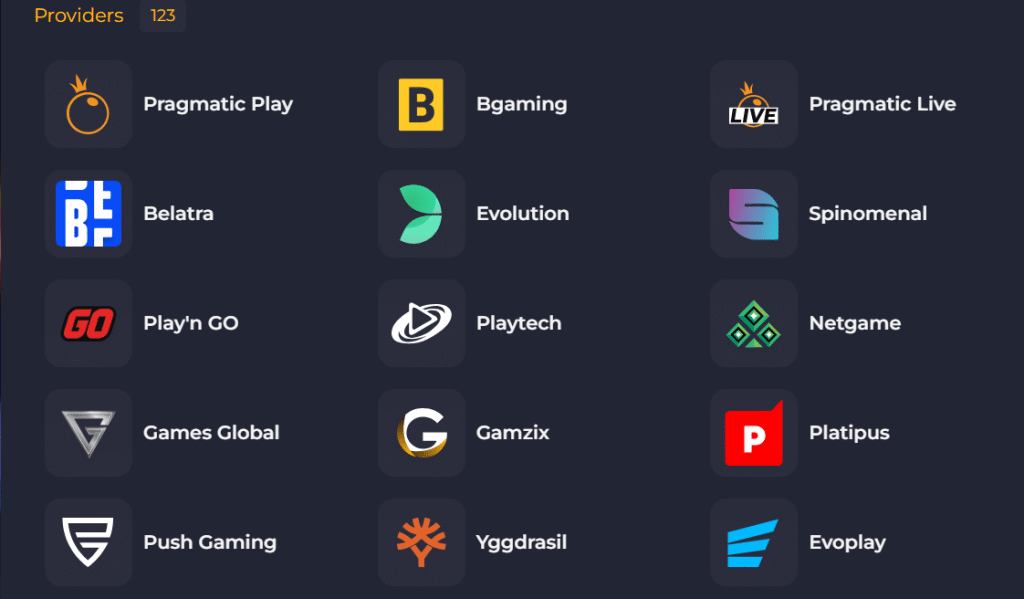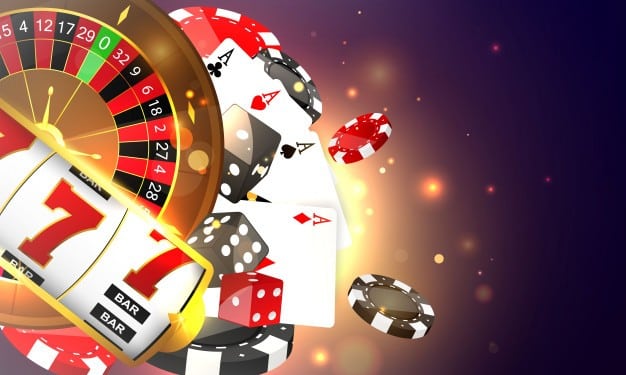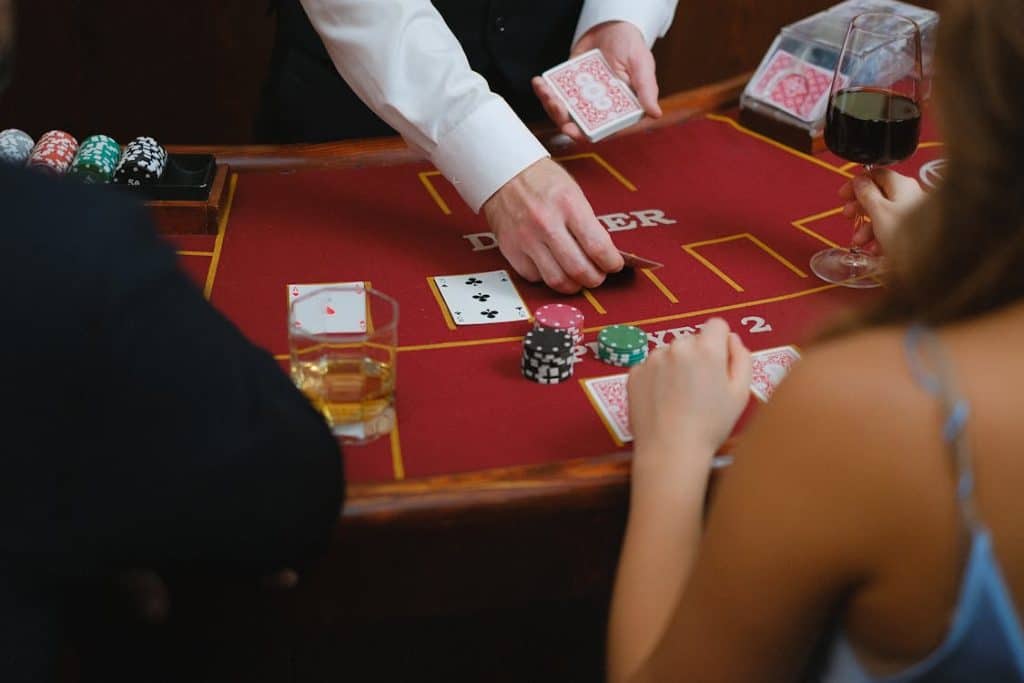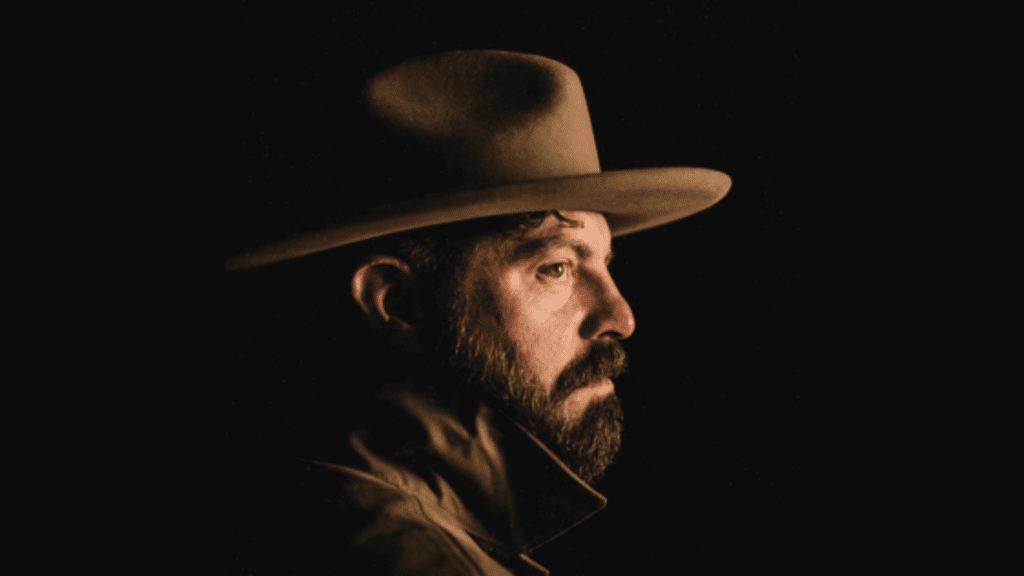The connection between music and poker isn’t obvious at first. But look closer, and you’ll find a shared pulse—discipline, risk, and the pressure of competition. It’s no surprise, then, that some of the biggest names in music have taken to the felt. Poker has long drawn artists seeking a different kind of high. Some treat it as a casual escape. Others dive deep, refining their skills and studying opponents.
This article explores musicians who play poker seriously. Not hobbyists, but those who’ve carved a second identity at the table. Expect names from rock, rap, and pop—many of whom have gone head-to-head with seasoned pros. With their involvement, some have even sparked interest in poker promotions, drawing fans to card rooms. The crossover isn’t just cultural—it’s become part of how the game is introduced to new audiences.
Lemmy Kilmister (Motörhead)
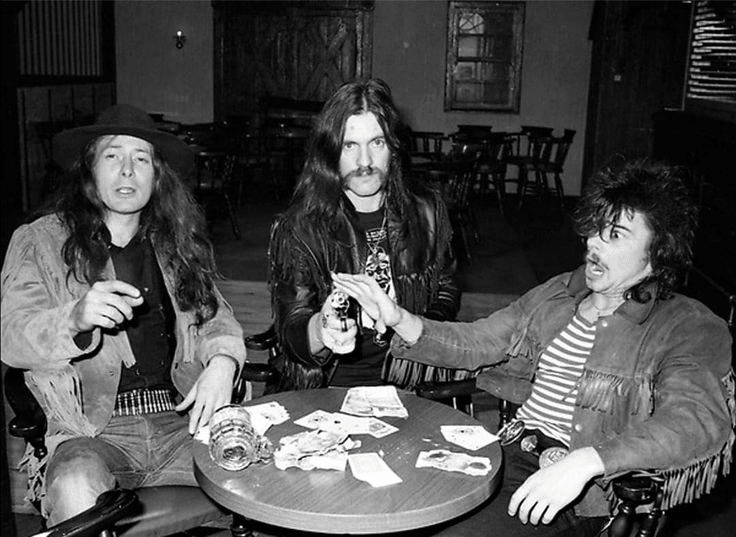
Leather-clad, sharp-witted, and famously unfiltered, he built a legacy around rebellion and risk. Those same traits carried over to his gambling habits, especially poker.
The song Ace of Spades wasn’t just a hit, it became an anthem. Motörhead’s Ace of Spades turned into more than a song. It became shorthand for living on the edge. Though widely seen as a gambler’s anthem, Lemmy often downplayed his interest in cards. Interviews and documentaries suggest he preferred slot machines over poker tables. His fascination lay more with chaos than calculation.
His interest was more personal than professional. Friends and bandmates recalled him playing slots and the occasional poker game backstage, but not with the intensity seen in high-stakes circles.
Still, his image became tied to poker more than most. The Lemmy poker persona lives on, blending myth with memory. Among musicians who love poker, Lemmy holds a unique spot—not for titles won, but for the iconography he created. Among rockstar gambling habits, his case is different. Less about the game itself, more about what it represents: danger and instinct.
Scott Ian (Anthrax)
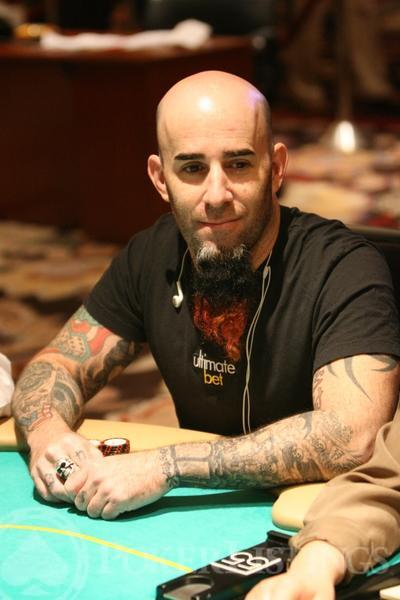
Scott Ian, guitarist for Anthrax, has taken his competitive streak beyond music. After winning VH1’s Rock Stars of Poker in Las Vegas, he began gaining real attention in the poker scene. His approach is methodical, shaped by lessons from poker legends Phil Hellmuth and Annie Duke, who spent a week coaching him on strategy and decision-making. He also played in live events, including the 2008 Aruba Poker Classic.
Though he never made poker his main career, Ian studied the game seriously. He focused on hand analysis, betting logic, and table dynamics—skills that helped him hold his own among seasoned competitors.
In the musician poker tournaments circle, Ian brings more than name recognition. He brings preparation. He’s not there to be a novelty. He’s there to play.
Steve Albini (Producer & Musician)
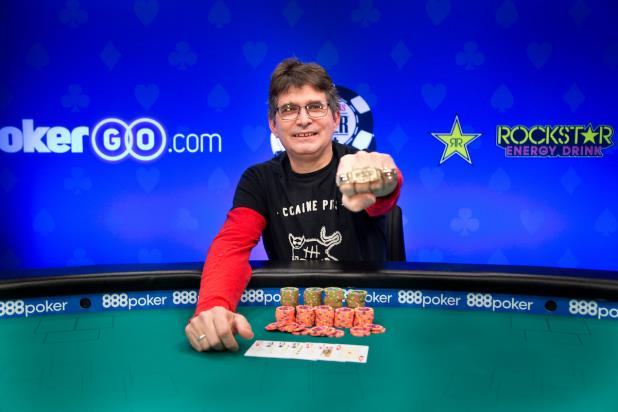
Steve Albini might be best known for producing landmark records—In Utero by Nirvana and Surfer Rosa by The Pixies. But outside the studio, he’s carved a second identity: poker tournament winner. And not just casually. Albini has two World Series of Poker bracelets.
His first WSOP win came in 2018, when he took the top prize in the $1,500 Seven Card Stud event. He beat out 310 players to claim the bracelet—an achievement many professional players spend years chasing.
In 2022, he did it again. Albini won the $1,500 H.O.R.S.E. tournament, further solidifying his place among musicians who play professional poker. He downplayed the victory, saying he felt more lucky than skilled. Still, his consistent results point to a strong grasp of Steve Albini poker strategy—particularly in mixed-game formats where adaptability is key.
Sully Erna (Godsmack)
Erna has been a regular fixture at celebrities in poker tournaments, including appearances at the World Series of Poker and the World Poker Tour.
He’s not just a casual participant. The Sully Erna poker track record includes multiple cash-ins at WSOP events. In 2006, he made headlines after finishing 713th in the Main Event, taking home over $17,000—a notable result in a field of nearly 9,000 players.
Erna has often spoken about the parallels between music and poker. He’s also competed in charity tournaments and private high-stakes games, blending his rockstar persona with a measured, strategic approach. Godsmack frontman poker appearances continue to draw interest, especially among fans who didn’t expect.
Erna’s focus, patience, and understanding of pressure make him a natural fit at the table. He doesn’t rely on image—he plays the cards, and plays them well.
Nelly (Rapper)
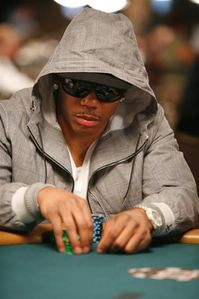
Nelly, best known for hits like Hot in Herre and Ride Wit Me, has shown public interest in poker over the years. His most visible appearance came in 2007, when he played in the World Series of Poker Main Event in Las Vegas. Though he didn’t cash, his participation drew attention, as he sat alongside both amateurs and pros in the most-watched poker tournament of the year.
In interviews from that period, Nelly described poker as mentally challenging and admitted he respected the depth of skill required to succeed.
There’s no record of major wins or consistent tournament play, but his involvement placed him among the few hip-hop artists who’ve entered WSOP events. His interest wasn’t limited to private games or celebrity tables—he joined the real field, under the same rules and pressure as every other player.
While rapper poker events often rely on celebrity appeal, Nelly took a different route. He chose the toughest field in the game. That alone set him apart.
Why Musicians Are Drawn to Poker
At first glance, music and poker seem like distant pursuits. But beneath the surface, they share a rhythm built on risk, pattern, and control. That overlap helps explain why so many musicians find themselves drawn to the poker table.
Both crafts demand mental focus. Musicians and poker players alike rely on reading subtle cues. A shift in tempo or a change in expression can alter everything.
Risk-taking is baked into both worlds. Artists bet on their sound, their audience, and their future. Poker players stake chips on calculated guesses. The line between the two is thinner than expected.
Lyrics reflect this connection. Kenny Rogers’ The Gambler (1978) gave poker wisdom in the form of country storytelling—“You’ve got to know when to hold ’em, know when to fold ’em.” Motörhead’s Ace of Spades (1980) linked betting and danger, reinforcing the edge that draws artists in. These aren’t just metaphors—they’re cultural markers.
For many artists, poker offers a different stage. That’s why music and card games continue to overlap. From strategy to spontaneity, the parallels run deep. It’s not just about the money—it’s about the mindset.





